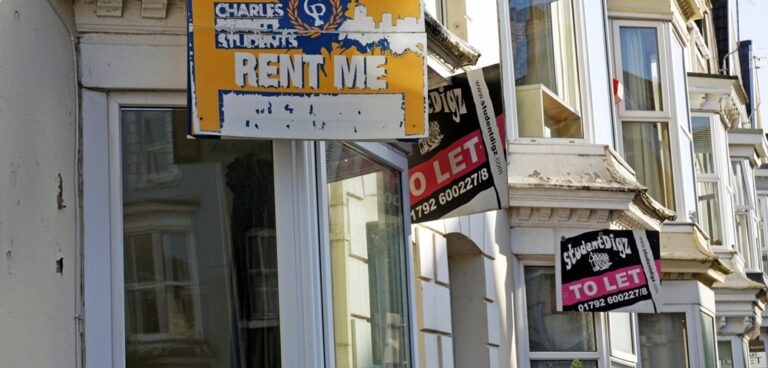Recent findings by Tlyfe reveal that the ratio of private tenants to available rental properties is projected to increase to 2.21 by the end of 2024, up from 2.2 in 2023. This subtle shift highlights an increasingly competitive landscape for renters, driven by a growing demand that far outstrips supply.
Despite surging tenant demand, 30% of landlords have sold or listed at least one rental property within the last year. A further 17.4% are contemplating similar moves in the coming months, according to the Goodlord and Vouch State of the Lettings Industry Report. In fact, half of all landlords have either already reduced their rental stock or plan to do so within the next year. Over 56% point to upcoming legislation—particularly the abolition of Section 21—as their main concern.
Insights from more than 1,500 landlords, tenants, and letting agents suggest that the supply crunch is pushing rental prices to unsustainable levels. Nearly half of the tenants surveyed now consider themselves to be in ‘rent poverty,’ underscoring the urgent need for solutions.
Mish Liyanage, CEO of The Mistoria Group, emphasised the severity of the situation: “The number of renters relying on the private rental sector has surged by 132% over the last three decades. While the tenant-to-property ratio has seen some improvement, more than two tenants are still vying for each available rental property.
“Homes are being rented almost as soon as they’re listed, driving up competition and prices. Instead of incentivizing landlord investment, government measures appear to be pushing landlords away from the sector, exacerbating the supply crisis.”
The Government’s adjustments to Capital Gains Tax and Stamp Duty, alongside new legislative efforts like the Renters’ Rights Bill, have compounded the challenges facing landlords. These measures are expected to reduce rental stock further, leading to higher rents and limited options for tenants.
Despite these legislative hurdles, buy-to-let investments continue to promise stable, long-term returns with the added advantages of rental income and inflation protection. Historically, real estate has been a reliable investment, yielding annual returns of 8% to 10%, depending on the location and market conditions.
Mish Liyanage, an experienced property investor and landlord, also highlighted that the value of property investments can be amplified through strategic improvements, while rental income offers dual revenue streams. “Over the past decade, property prices in key cities have risen considerably, cementing real estate as a viable option for capital appreciation.
“With a history of successfully acquiring multi-million-pound property portfolios in the North West, including recent purchases in Wirral, Bolton, and Chorlton, The Mistoria Group exemplifies expertise in navigating complex investment landscapes. With over 200 years of combined experience, the team consists of chartered management accountants and a wide range of property professionals committed to offering tailored investment guidance.”
Over the last 15 years, The Mistoria Group’s strategic approach has resulted in a varied portfolio encompassing more than 2,000 tenancies, including residential, student, professional HMOs, and commercial properties across eight branches in the North East and West.
For more information on property sales, purchases, or joint venture opportunities, contact t: 0800 5003015 e: info@mistoriagroup.com.


